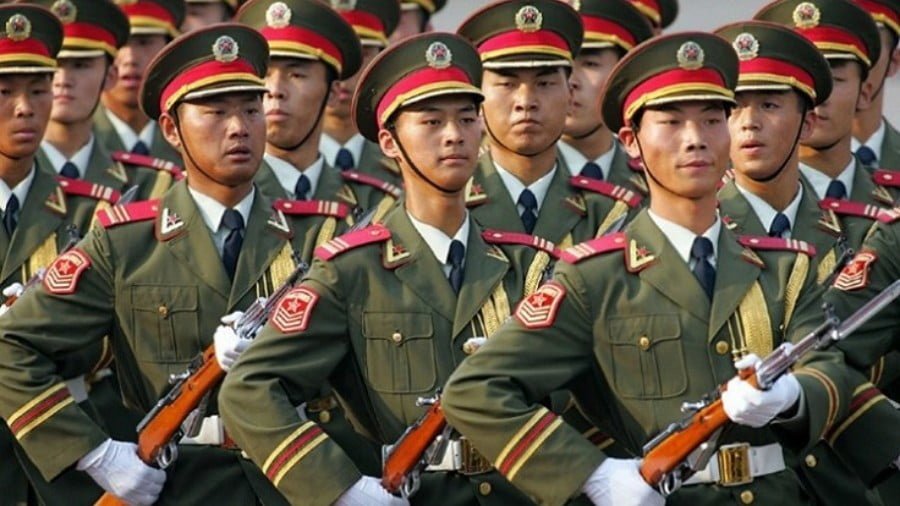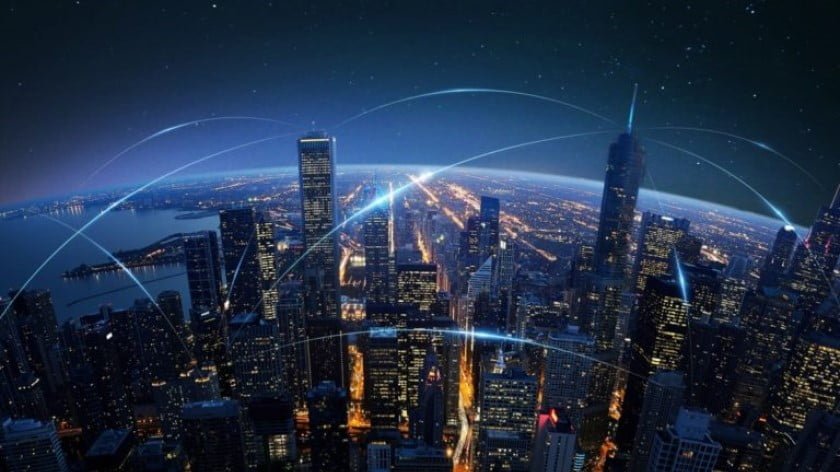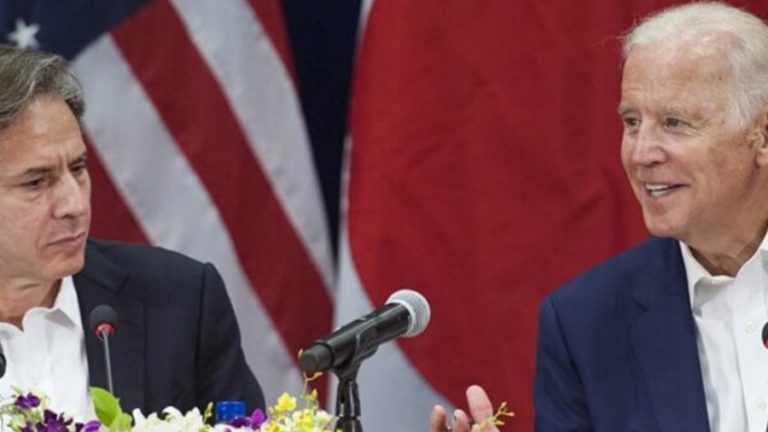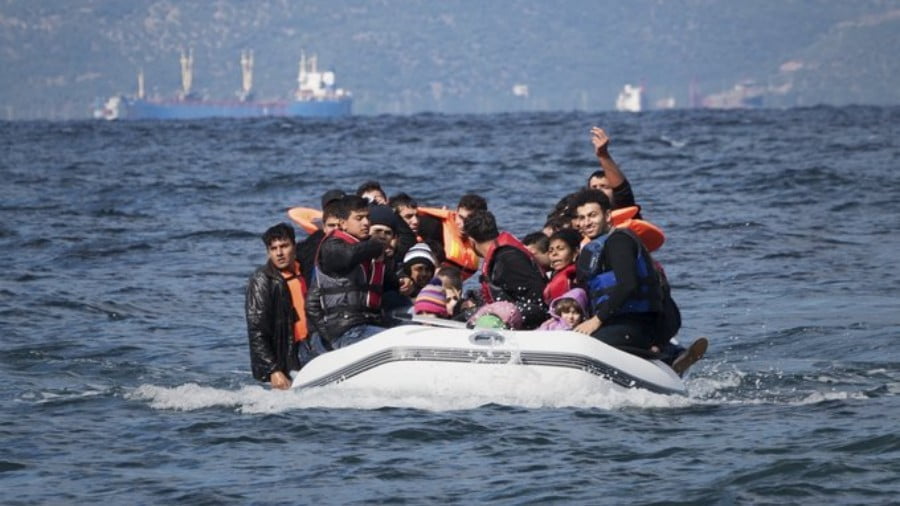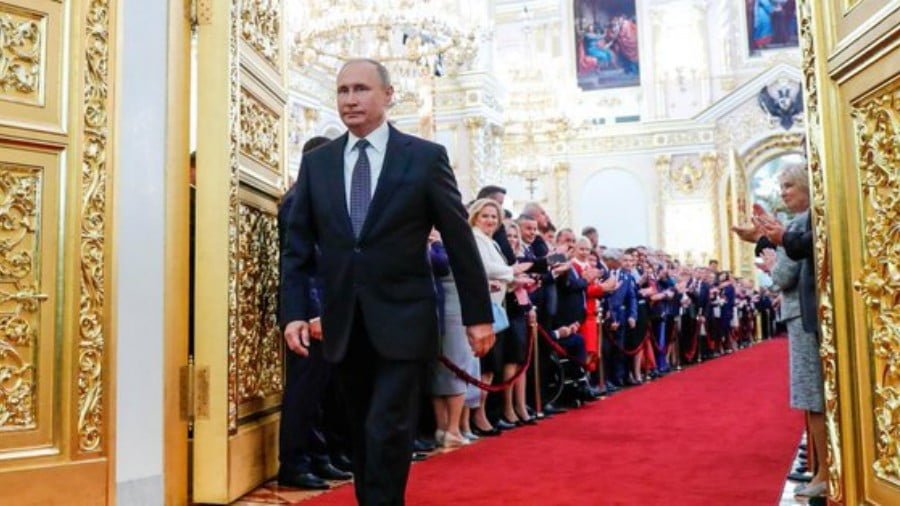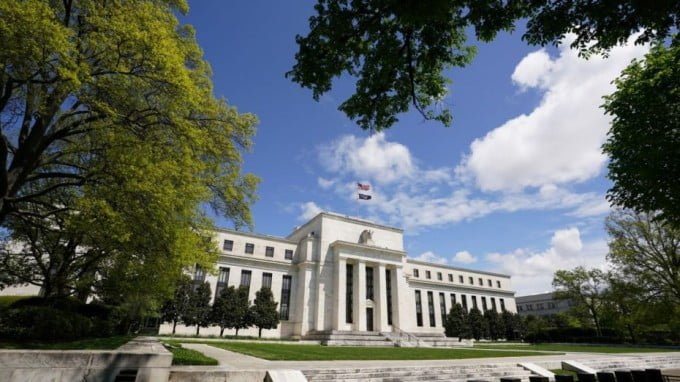Seismic Diplomacy: Erdogan and the Aftermath of the Turkish Earthquakes
President Erdogan may be instrumentalizing what happens in the aftermath to craft his P.R. campaign ahead of the next elections.
The setting: a cosy Ossetian restaurant owned by two Ossetian ladies close to Istiklal street, a very busy central area of Istanbul.
The players: a smatter of Istanbul intelligentsia – academics, media, liberal professionals, lawyers, highly educated, secular, very critical of the AKP ruling party.
The questions: during dinner, I asked the table their analysis of the state’s response to the deadly earthquakes in Turkey, and how President Erdogan may be instrumentalizing what happens in the aftermath to craft his P.R. campaign ahead of the next elections.
After our conversation, it was still not officially confirmed whether the next presidential elections will be held on May or June 2023.
So the stage is set for an unedited exercise in direct democracy, with some stunning answers, and way more enlightening than what Turkish media and think tanks may be spinning. One of the participants coined the definitive neologism for what Erdogan will be engaged on for the next few weeks and months: Seismic Diplomacy.
According to scholars and geologists, the number of deaths could reach 150,000. There’s no liability. No professionalism. No organization. No coordination. During the earthquake in 1999, in three to four hours the Turkish military were in the area. This time, unfortunately, it took them nearly two days. President Erdogan has tried to make a kind of election campaign. Will it work before the elections? This time, he’s not so lucky.”
“People wanted help, and there was no help. After 48 hours, there were only 300 to 400 soldiers there, nothing else. Because Erdogan was so afraid to call them, unlike 1999. For Turkish people, their perception, the state is very important. They do not think about the government. They couldn’t see the presence of the state. Turkey became like a Little America. It’s always a P.R. thing. AKP knows this better than any other political party. They are like the American political establishment. If they have strong enough P.R. and mention the president’s name in each of their press releases, they think this will appease people. It won’t be easy for the government now to appease the predominant feeling. They will try to postpone the elections or, the second scenario, as soon as possible, they will try to organize an election with help from this P.R. campaign.”
“Let me just slightly dissent. In terms of responding to natural disasters in this country, initially what you have is people screaming about it, expressing their grievances against the government or the state. Basically against the lack of response by the government. It’s a cacophony. The government says, “we have responded at the right time but because of this and that, the opposition has been complaining without knowing all the facts.” The second point is that the government now is in control of the situation. And it has made so many promises: building houses, putting money in people’s pockets. So the people are now looking up to the government. People think that Erdogan can go ask rich Arabs to put money into this disaster. Some of my former students have been working with disaster NGOs and government institutions; this is what they tell me. They say the government has regained the lost ground. Because there are so many promises floating around, people expect Erdogan to deliver on these promises. So he might swing people’s psyche to his favor. My information is that if elections take place as scheduled, May or June, Erdogan is more likely to win. In each of these disasters, three months after they happen, people are housed, well fed, and four months later, their minds change: they come up with grievances about, “when is hour house going to be ready?” or “why they haven’t built makeshift houses for us?” So four months from now people are likely to be much more critical of the government. What we should focus on is who’s going to lose the elections. And the problem is we don’t have a proper opposition. The main opposition party is a disaster. If Erdogan wins again, it’s not gonna be that he won, but the opposition lost once again.”
“We are leaning towards disaster. We are living a situation exactly similar to Hanna Arendt’s The Banality of Evil. A huge disaster is explained by the mass media as being a banal, ordinary thing. As a society, we won’t recover for many years; physical injuries, psychological injuries, moral injuries, this disaster will form a great part of our social memory. Social memory is important – because this accumulates our anger. This is really an authoritarian regime – we don’t know how to control or how to orient our anger. So we are stuck. I’m interested about the human aspect. This earthquake will be a great occasion for this government in a political-economic perspective. The government is fighting a huge economic crisis. They need some areas for accumulation of capital. This is a great opportunity for capital accumulation. For the construction sector, the promotion of large companies. But in terms of moral issues, we lost ourselves.”
“Natural disasters are crucial in geopolitics. They affect geopolitical relations. This was an extraordinary disaster. There is real, important criticism of the government. They should have reacted more quickly, but they couldn’t. More important: for some years a lot of experts warned the country and the government about what could happen. Now the government is in a tough spot. They will try to postpone the elections – as their situation is worse than before the earthquake. They can’t use in any way this situation for a P.R. campaign.”
“The government’s response was very, very late. I studied in Cyprus and most of my friends are from the Hatay region. After the earthquakes I called many of them and they said they feel very lonely, “the government just left us to our fate”, and all of them have losses in their families. There may be as many as 15 million victims of the earthquakes, and most of them are AKP voters. If the AKP postpones the elections they should change the constitution. In the coming weeks they will try to make some arrangements over the constitution. Erdogan’s government anyway is politically dead.”
“This a perspective from late millennials. This was not only a disaster that caused deaths to all sorts of people, but also people’s trust in the government diminished to an unimaginable extent. In these past 20 years people saw so much corruption. On donations – people wanted to donate and they did not know where, and they thought whatever I’m going to donate will end up in someone else’s pockets. It’s such a desperate feeling. Are we going to trust government organizations, non-profit organizations – they were getting way more donations than the government itself. The government tried to discredit non-profit organizations. Maybe they are right. This only proves that the population does not trust where the money is going. Earthquakes leave a legacy in Turkey. Not just an earthquake – what matters is how governments fail to respond to the situation. Erdogan is a man of business, he always gets what he wants. But the legacy of this earthquake might change that.”
“During the 1999 earthquake, I spent three months in the region. Comparing both, I can say that in 1999 the state’s response was faster. This time, people were ahead of the state. When the AKP came to power, they were always complaining about military interference in politics. Twenty years later, we saw that it’s a construction mafia, a construction lobby, contractors, that is actually ruling this country. Construction laws may be changed in one day to benefit these contractors. Their interests prevail. They don’t care if they build on fault lines; all decisions are subject to these contractors’ interests. So people are very angry. Erdogan’s chances in the next elections are very slim. He should not be elected again.”


